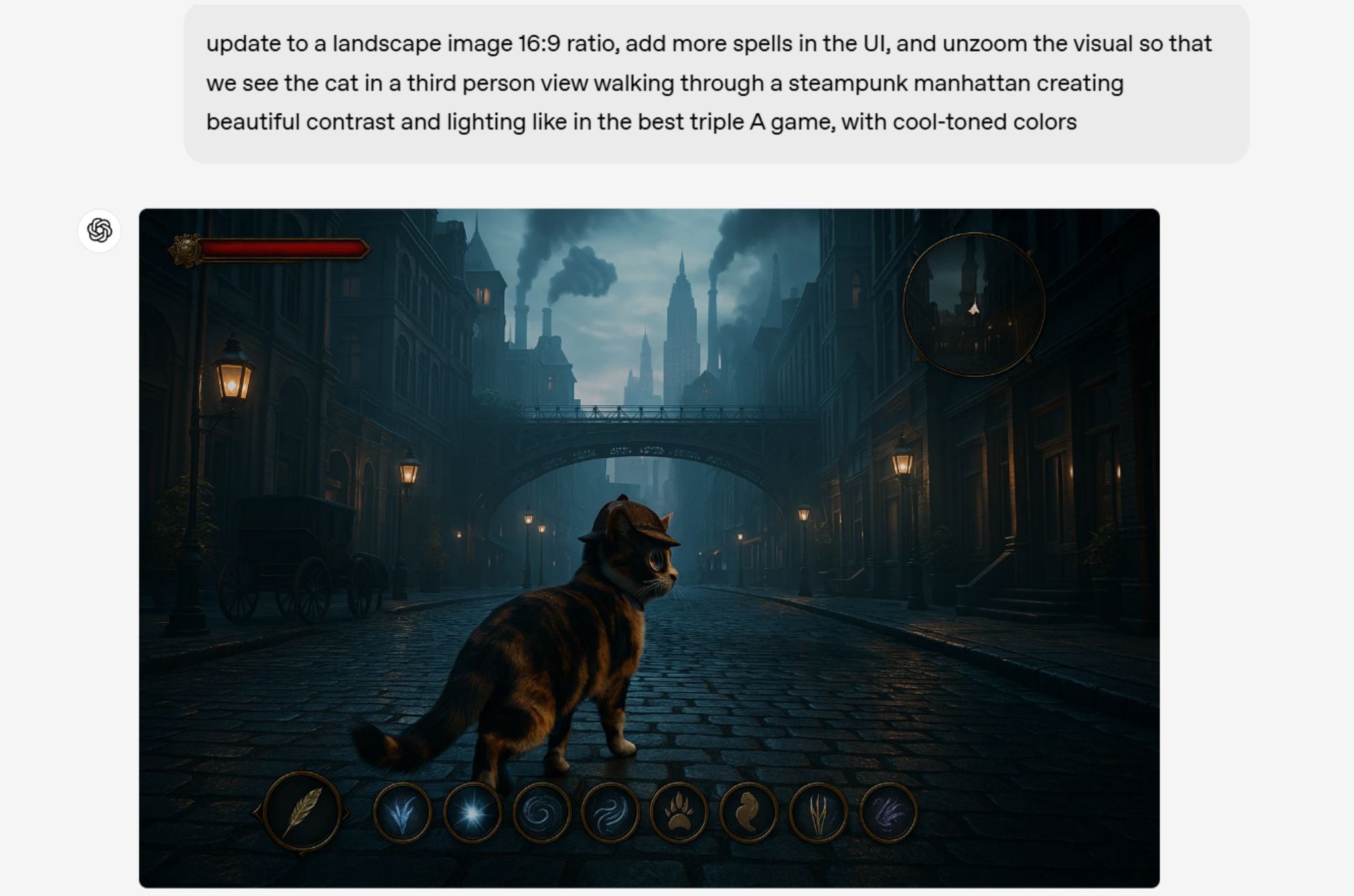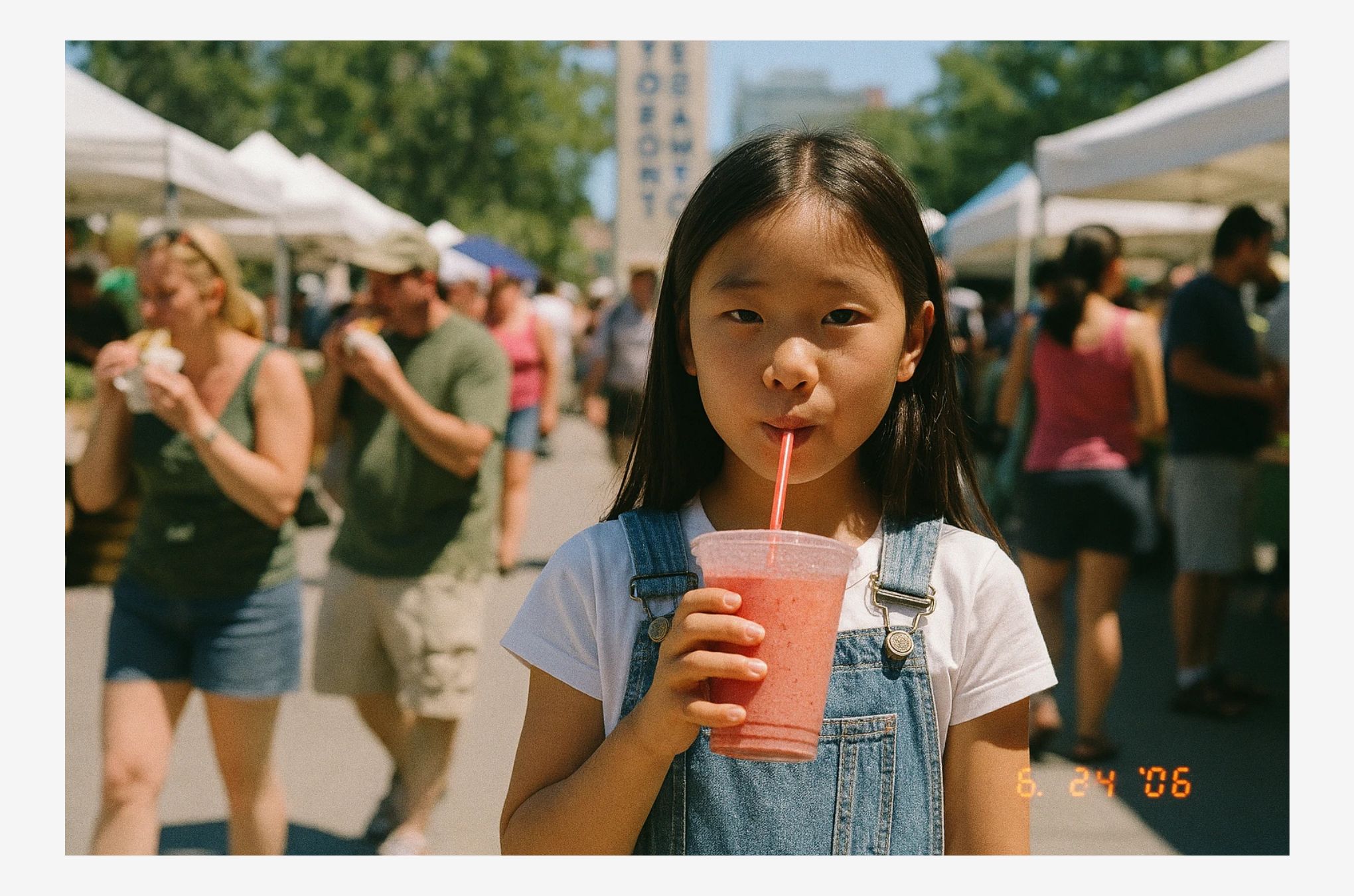
OpenAI launched its newest AI model, ChatGPT-4o, on March 25, 2025, with major improvements in image generation. This model combines text, images, and voice in one system, making it much better at displaying text in images, handling multi-step conversations, and understanding context.
This article explains how ChatGPT-4o creates images, covering its key features, how to use it, its limits, and where it can be applied. Let’s get started!
All about ChatGPT-4o Image Generation
- What is ChatGPT-4o Image Generation?
- Overview of ChatGPT-4o Image Generation Technology
- How to use ChatGPT-4o Practical Guide
- ChatGPT-4o image generation prompt example
- What are the limitations of ChatGPT-4o image generation?
What is ChatGPT-4o Image Generation?
ChatGPT-4o Image Generation creates precise, detailed, and highly realistic images based on user text descriptions, offering several key improvements over previous technologies. It features enhanced text rendering for accurately displaying text in images without distortion or garbled characters. Additionally, it supports multi-turn dialogue generation that allows users to refine and adjust images through natural language interactions. ChatGPT-4o also excels at following complex instructions for accurately interpreting prompts with multiple objects, and even when multiple objects and complex details are involved, it ensures the image matches what the user wants.
In addition, ChatGPT-4o has powerful contextual learning abilities that allow it to analyze user-uploaded images and seamlessly integrate their details into the generation process. Notably, it can generate images with a transparent background (PNG files), making it especially useful for designing logos, e-commerce product images, and social media graphics. This feature enables users to create background-free images that are easy to edit and integrate into other designs.

Comparison with previous image generation techniques:
| Function | ChatGPT-4o | DALL-E 3 |
| Integration | Natively integrated into the ChatGPT standalone system. | Access via ChatGPT |
| Image Quality | Significantly improved, more realistic, and detailed. | Good, but often lacks in detail processing |
| Editing capabilities | Greatly enhanced to support local precise modification. | Limited functionality |
| Text Rendering | Excellent, the text in the image is accurate and clear. | Weak, often with text errors or blurs |
| Understanding up-down sentences | Better, can generate images based on the conversation content | Less relevant to the conversation context |
| Transparent background | Supports direct generation of transparent background images | No direct support |
Overview of ChatGPT-4o Image Generation Technology
The technology behind ChatGPT-4o’s image generation is based on its native multimodal model architecture. While OpenAI has not disclosed all technical details, official information and reports suggest that ChatGPT-4o has been trained on a vast dataset of images and text, allowing it to understand both the relationship between language and visuals as well as connections between different images.
It is speculated that ChatGPT-4o employs a Transformer-like architecture combined with the strengths of diffusion models. Diffusion models work by gradually adding noise to an image and then learning to reverse the process, producing highly realistic and detailed visuals.Additionally, post-training techniques play a crucial role in refining its output. OpenAI has fine-tuned the model using reinforcement learning from human feedback (RLHF) to align the generated images with human aesthetics and intuition. To ensure high-quality and legally compliant training data, OpenAI has also partnered with Shutterstock and other licensed content providers.
How to Use ChatGPT-4o for Image Generation Practical Guide
1. Switch to “4o” mode in the ChatGPT interface.
2. Click the “Create Image” button or select the image generation option.
3. Enter a text description (prompt) in the chatbox.

4. Describe the image in detail, including the subject, action, background, style, colors, and proportions.
5. Adjust image settings, such as aspect ratio, colors (hex codes), and transparent background if needed.
6. Wait 30 seconds to 1 minute for ChatGPT-4o to generate the image.

ChatGPT-4o Image Generation Prompt Examples
- Generating an image of a specific person:
“Create an image of a young asian girl wearing denim overalls, sipping a strawberry banana smoothie. The background should be blurred, and the photo should have a vintage 2006 digital camera look, complete with a printed timestamp. Aspect ratio: 3:2.” - Creating a detailed, context-rich scene:
“Generate a wide-angle smartphone photo of a modern office with a view of the Empire State Building. A man wearing a T-shirt with a large ‘Tech Insider’ logo is writing on a glass whiteboard. His handwriting is natural but slightly messy, and the photographer’s reflection is visible on the board.” - Converting an image into a different art style:
“Turn this selfie into an anime-style illustration.”

What are the limitations of ChatGPT-4o image generation?
While ChatGPT-4o Image Generation has made significant advancements, there are still some limitations for users. Free users can generate only up to three images per day, and even Plus users have a capped daily limit. Additionally, some users have reported occasional system errors or slower generation speeds during the image creation process.
Rich Application scenarios
| Industry | Specific applications |
| Design and Branding | Logo design, marketing materials, brand image development, design workflow simplification |
| Art | Visualize concepts, generate unique artworks, and explore new creative styles |
| Education | Visual aids, infographics, diagrams, textbook illustrations |
| Marketing | Social media content, website visuals, advertising, personalized marketing materials |
| Entertainment | Comic generation, game material production, storyboard drawing, digital entertainment content |
| Scientific research | Complex data visualization, scientific charting, abstract concept visualization |
Conclusion
The launch of ChatGPT-4o’s image generation technology marks an important step forward in AI’s understanding and creation of visual content. As a native multimodal model, it not only improves the quality and efficiency of image generation but more importantly, it seamlessly integrates image generation capabilities into the conversational AI experience, providing users with unprecedented convenience and creativity.
Leave a Comment